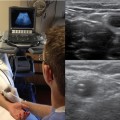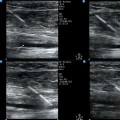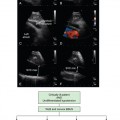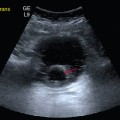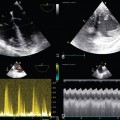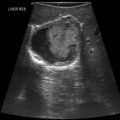62 Critical care ultrasound (CCU) is a noninvasive tool used for diagnostic evaluation and for guiding procedures in critical care patients. Ultrasound improves success and lowers complication rates when used to guide procedures such as vascular access and fluid drainage.1 Despite these advantages, formal training in CCU has not been incorporated into many fellowship programs, and training in this skill remains heterogeneous. The American Board of Internal Medicine (ABIM) has recommended that fellowship training in critical care medicine include training in the use of ultrasound to guide thoracentesis and central venous access.2 The definition of competence in CCU, suggested training guidelines, the prevalence of fellowship training in this skill, and current barriers to ultrasound training are considered in this chapter. A consensus statement sponsored jointly by the American College of Chest Physicians (ACCP) and La Société de Réanimation de Langue Française (SRLF) outlined specific competency guidelines for achieving proficiency in CCU.3 The statement divides CCU into general ultrasound (pleural, lung, abdominal, vascular access, and vascular diagnostic) and echocardiography (basic and advanced). For each, the panel defines a reasonable minimum standard of specific skills required to achieve proficiency in CCU. Importantly, competence is distinguished from certification, which refers to the recognition of competence by an external agency. In the United States, no formal certification process for CCU is currently available. The specific competency skills outlined in the ACCP/SRLF document will be briefly summarized here. Knowledge of basic ultrasound physics is required to acquire images and recognize artifacts. Also important is knowledge of the machine controls and how to manipulate the transducer to obtain images. Intensivists should be aware of when the examination required exceeds the scope of their capabilities and seek appropriate assistance when necessary (see Chapters 1 and 57).
Ultrasound training in critical care medicine fellowships
Overview
Definition of competence in critical care ultrasound
Skills for achieving competency in the basic principles of critical care ultrasound
Ultrasound training in critical care medicine fellowships

